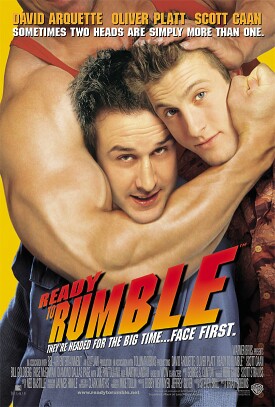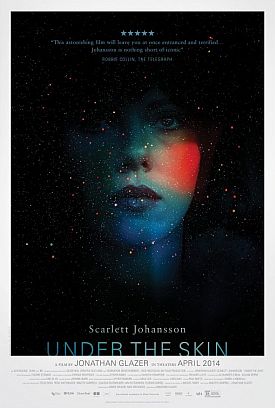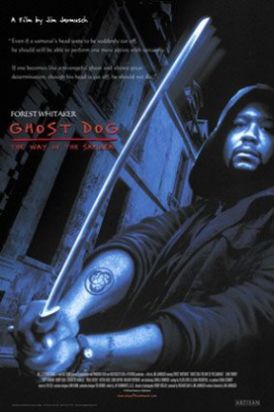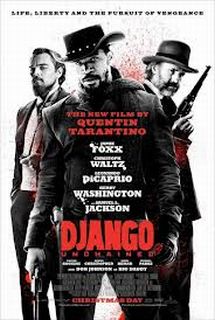Twilight
And you thought they didn’t make them like this anymore! Twilight, directed and co-written by Robert Benton is what every fourth or fifth movie out of Hollywood these days tries and fails to be — that is, an old fashioned noir thriller. I hope that people will be able to tell that, compared to the much- praised but hokey and overly political L.A. Confidential, for example, Twilight is the genuine article. Or at any rate just about as near to it as you can get these days. Partly this is because it had the inspired idea of casting Paul Newman as Harper 30 years on. Actually, his name here is Harry Ross, but he is to all intents and purposes the old Harper. At any rate he still knows how to do this kind of thing without the kind of post-modern smirk or the gratuitous political subtext that has ruined so many inferior imitators. This is all the more remarkable as he is one of the most political actors in Hollywood.
He also has the help of a tight and clever script, co-written by Robert Russo, and supporting actors of the stature of Gene Hackman, Susan Sarandon and James Garner, Stockard Channing and Giancarlo Esposito. Ross is a P.I. and ex-cop who is hitting the booze too heavily after a daughter died and he and his wife split up. He goes to Mexico as a favor to his friends, Jack Ames (Mr Hackman) and Catherine Hayward (Miss Sarandon) to bring back their teenage daughter, Mel (Reese Witherspoon) who has run off with her scuzzy boyfriend Jeff (Liev Schreiber). Jeff tries to stop Ross from taking Mel away, and Ross pushes him over. Mel sandbags him and knocks his gun from his holster. In the confusion the gun goes off and Ross is shot in the thigh. The rumor that percolates back to L.A. is that “he got his pecker shot off.”
It’s not true, but he decides to give up the private eye business. Two years later he is living rent free in the mansion of Jack and Catherine in exchange for being a handyman and general factotum. But he’s off the sauce. He’s obviously in love with Catherine, who flirts with him but is completely devoted to Jack. Mel, still living at home, is a surly presence in the background. One day in the course of their regular gin game, which Jack always wins, Jack reveals to Harry that his cancer is back and he’ll probably be dead inside a year and that he is being blackmailed — as it turns out by Jeff, Mel’s old boyfriend, and his blowsy middle-aged partner, Gloria (Margo Martindale). Harry can’t turn down the job as Jack’s bagman, but he has to find out for himself what his friend is being blackmailed about. Of course a lot of things start to go wrong. Soon Harry finds himself sleuthing again and mixed up in several murders.
Against this background, Harry engages with other old pals, including Raymond Hope (Mr Garner) in old-man talk and only half joking banter about being over the hill.
“Your prostate started acting up yet?”
“Not yet.”
“Something to look forward to.”
After he gets sandbagged again and beaten up by the not-so-bright Jeff, Harry ruefully admits “I’m rusty. I’m a danger to myself.” But his sense of being old and defeated seems to spread to all around him. One of the blackmailers says with her dying breath, “I never learn. All my life I pick the losers. I know better too.” It’s a great line and helps to set up the contrast between the motley collection of life’s losers and beautiful people like Jack and Catherine who always get everything they want. It’s a good old American theme, reminiscent of The Great Gatsby, and you brace yourself for the obviously political point, made on behalf of the wretched of the earth. But the movie crosses you up. It hasn’t got the energy to go after Jack and Catherine. As in Gatsby, the amoral rich are taken for granted and the real focus, if not the real bad guy, turns out to be the one who lets his envy of them get the better of him. In the final scene, Harry’s police lieutenant ex-girlfriend, Verna (Miss Channing), says to him, “So Catherine gets away with it.”
“Not really,” he replies.
“Somebody ought to get away with something,” says Verna the cop.
It is a brilliant note to end on, and it has the effect of pulling us back from all our most predictable reactions to these events. Suddenly we are seeing things sub specie aeternitatis — which is the mark, to my mind, of a really first rate movie. At any rate, it works together with good writing, good acting and good directing to make for a lovely piece and one sure to entertain any lover of the old fashioned kind of Hollywood movies — the kind they made before they discovered the kind of cheap humor and sophistication that mars the few movies they make for grownups anymore. But what will we do when Newman is gone?
Discover more from James Bowman
Subscribe to get the latest posts to your email.







